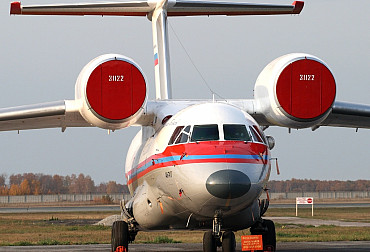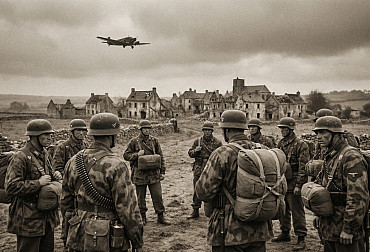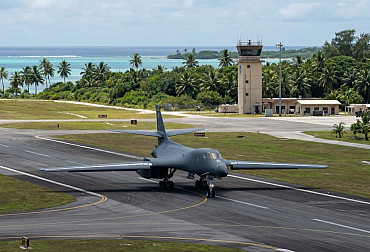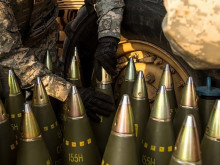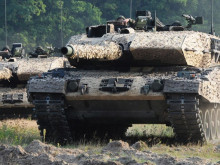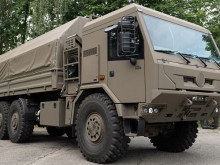Is there a threat of dominoes of war?
Israel recently experienced its 9/11 with a surprise and brutal attack by Hamas. The country, which has one of the world's strongest armies and excellent intelligence services, has been disgraced, just as the United States was twenty-two years ago. The main response to terror is to control Gaza as a Hamas base. "We must go in, we cannot negotiate now," said Prime Minister Benjamin Netanyahu. Defence Minister Yo'av Galant, meanwhile, ordered a full siege of the territory, literally saying: "There will be no electricity, no food, no fuel. We are fighting human animals and we are behaving accordingly."
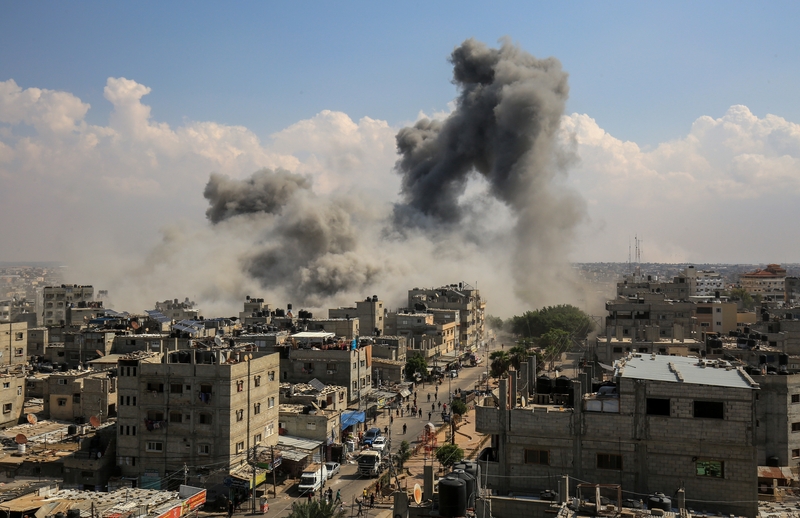
The army is already preparing for the attack. A huge mobilisation is to ensure there are enough troops for a ground assault, accompanied by air and drone strikes. Up to 400,000 soldiers are to be deployed. They will be opposed by 30-40 thousand Hamas fighters.
However, the attack on Gaza carries a number of risks. It is a small territory, adjacent to the Mediterranean Sea, with an area of 365 square kilometres, less than the size of Prague. It is home to two million people and is one of the most densely populated places on the planet. The fighting in Gaza will therefore logically not be without heavy losses of civilians, but also of Israeli soldiers. After all, was not one of the main objectives of the Hamas terrorist attack to provoke Israel into a retaliatory response that will also result in innocent victims?
The Americans are well aware of this, and the White House is reportedly already negotiating a plan whereby civilians could escape the war zone via the southern corridor to Egypt. However, the question is whether this plan is even feasible, given the size of the population; moreover, Egypt, or Jordan for that matter, is not yet keen on accepting refugees, probably because of the difficulty of distinguishing between genuine refugees and terrorists.
Another question concerns Israel's ultimate goal. Assuming that Hamas is destroyed, what happens afterwards? Who will govern Gaza and what will be the position of the Palestinians inside Israel?
And what if the struggle for Gaza, or the overall armed conflict with Hamas, is ultimately protracted? Then it could start to resemble the US wars in Iraq and Afghanistan, which have had less than optimal outcomes - the Taliban are back in power in Afghanistan and Iraq remains a geopolitical powder keg, linked to some extent to the Iranian theocratic regime.
In this context, it should also be borne in mind that a few days ago the President of the European Commission announced that the European Union would triple humanitarian aid to vulnerable civilians in Gaza and the wider region, with redoubled efforts to ensure that aid reaches those in need. However, there are some doubts that this will actually happen, as past experience has shown that aid has ultimately not only been used by civilians but also by Hamas, which in the current case would rather contribute to prolonging the war.
Gaza could also become a trigger for a wider regional conflict. It is conceivable that Iran will become militarily active, for example, because of its support for Hezbollah in Lebanon, which will start attacking Israel from the north. A war with Iran involving the US may then be unrealistic. And would not a general war escalation then spread like dominoes in view of the growing animosities between the West, especially the US, on the one hand, and Russia and China on the other? Just think of the two neuralgic points - Ukraine and Taiwan.
There are growing calls for the United States, in particular, to pull the diplomatic brake. There is logic in this. But is America now fully capable of doing so in the face of internal political paralysis, with a paralysed Congress and an election campaign that makes President Biden the enemy for half of Americans?
Are we not thus standing on the threshold of one of the most serious crises that could lead to a wider war or, at best, a serious destabilisation of an already disturbed global order? It is all a bit like 1914.












